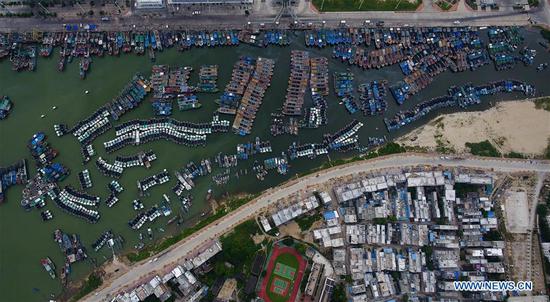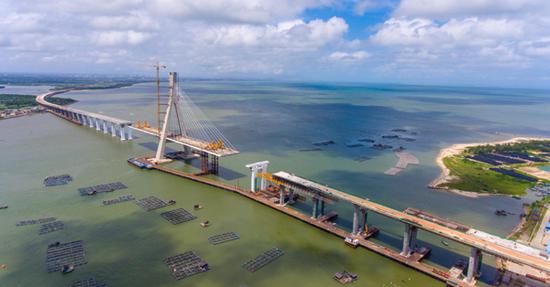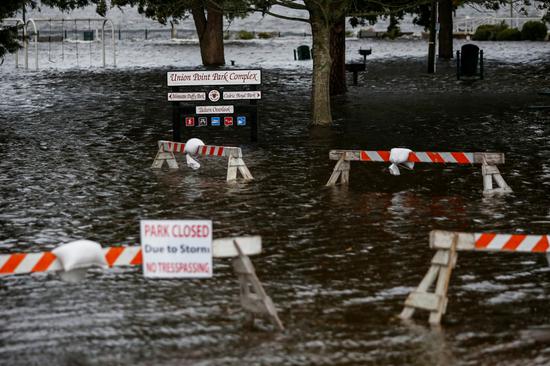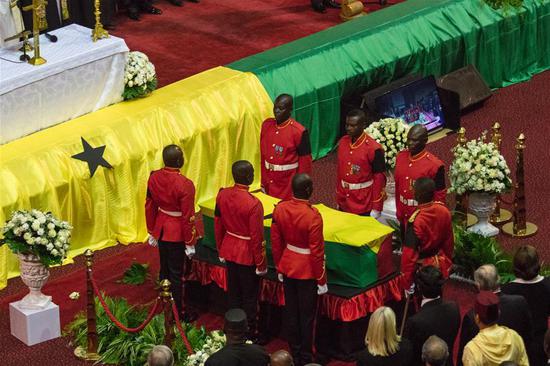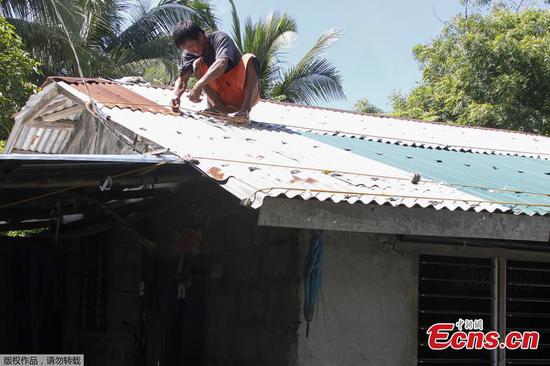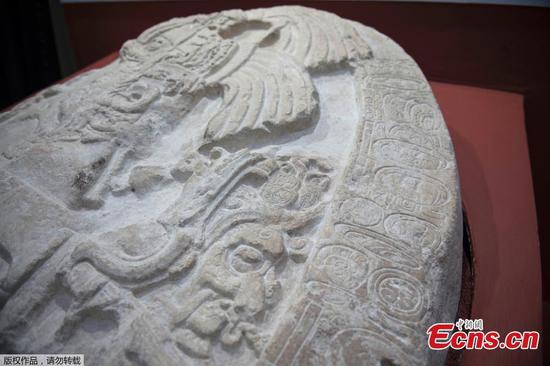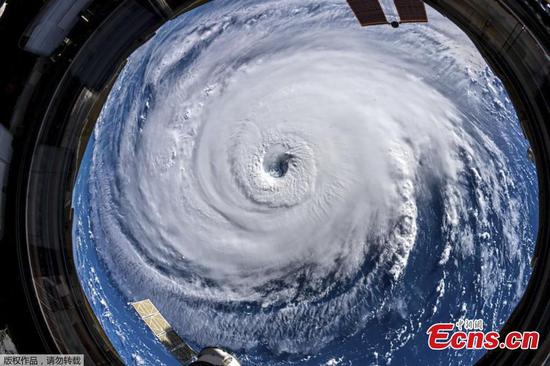The death toll in the wake of powerful super typhoon Mangkhut that swept through the northern end of the Philippine Luzon Island has climbed to 25, authorities said on Sunday.
Presidential Political Adviser Francis Tolentino said in an interview with local radio that the 20 deaths were from the Cordillera Administrative Region (CAR), four from Nueva Vizcaya province, and one from the Ilocos Region.
Two others were reported missing also in CAR, he added.
Tolentino said no deaths were so far reported in Cagayan province, where early on Saturday, the typhoon made landfall, and nearby Isabela province.
The 25 deaths include a family of six in Baguio City whose house was reportedly buried in a landslide, a resident in Kalinga province hit by a rock, a family of four in Nueva Vizcaya province whose house was also buried in a landslide and a man in Ilocos Sur province who was pinned by a fallen mango tree.
The typhoon also uprooted trees, ripped off roofs, shattered windows and triggered landslides and floods in many parts of the main Luzon Island from the northern Philippines.
Ricardo Jalad, the executive director of the National Disaster Risk Reduction and Management Council (NDRRMC), said nearly 64,000 families or 250,000 people in 1,403 villages mainly in Luzon have been affected by the typhoon.
The NDRRMC, the government's main disaster agency, has not released an official number of deaths.
The agency said the typhoon also forced airport authorities to cancel a total of 127 international and 125 domestic flights.
More than 4,000 passengers, 609 rolling cargoes, 89 vessels and 75 motorboats were also stranded in several ports across the country, the agency said.
NDRRMC said there had been more than 50 landslides in the northern Philippines due to the super typhoon Mangkhut. The typhoon also toppled 77 transmission lines, causing widespread power outages in many areas including in Metro Manila.
According to Philippines News Agency, Philippine President Rodrigo Duterte will visit the affected areas super typhoon Mangkhut as soon as local airport authorities give him the green light.
The storm is now moving towards southern China, the Philippine Atmospheric, Geophysical and Astronomical Services Administration said on Sunday morning.
Typhoon Mangkhut, is the 15th typhoon to ravaged the Philippines this year.
Typhoons hit the Philippines around 20 times in a year, bringing strong winds and heavy rains, resulting in flooding, great damage to crops, houses and building, and deaths.
In 2013, super typhoon Haiyan devastated Leyte province in the central Philippines killing more than 6,000 people and another 1,700 are registered as missing. In 2009, typhoon Ketsana also caused massive flooding in Metro Manila, killing more than 700.










